
Bejun Mehta, Freiburger Barockorchester, René Jacobs – Handel: Ombra cara (2010)
FLAC (tracks) 24 bit/44,1 kHz | Time – 01:11:44 minutes | 696 MB | Genre: Classical
Studio Masters, Official Digital Download | Front Cover | © harmonia mundi
If Handel’s arias enjoy such success today, perhaps it is because they lie at the intersection between past and present, light and shadow. They might very well illustrate on their own the entire range of possibilities offered by the voices of his time. On this 2010 recital album, countertenor Bejun Mehta has chosen most of the ‘hits’ from the repertoire of the famous castrato Senesino. From shadow (Ombra cara) to light (Sento la gioia), Grammy-winner René Jacobs conducts the Freiburg Baroque Orchestra in perfect accompaniment to Lewis.
The concept behind this album is a speculative one: this is the sort of program that a singer of the eighteenth century might put together to showcase his talents. The idea would be to display a variety of moods, as well as all those expected technical flourishes such as appoggiaturas and coloratura passages. The conceit is that if a putative virtuoso were to choose a program of Handel arias written for a farorite singer of the day such as the castrato Francesco Bernardi detto Senesino, there would be enough variety to fill an evening.
Having established this concept, the notes to the recording then derail it by conceding that the first two operas on the bill, Amadigi di Gaula and Agrippina, were not written with Senesino in mind, though most of the rest were. No matter: the most important issue, variety, is admirably addressed by this program, which takes us from one of Handel’s earliest operas, Rodrigo, premiered in Florence in 1707, to late works written for London theaters, Sosarme (1732) and Orlando (1733).
We start with a stirringly militant aria, complete with trumpet solo, from Amadigi di Gaula (1715). It bears a striking resemblance to the Alla Hornpipe movement from Handel’s Water Music Suite in F Major of two years later. A similarly militant aria from Orlando is even more virtuosic. From the same opera we have the much-praised mad scene from Act II. Orlando imagines that he crosses the River Styx to do battle with the ghosts and demons of the Underworld. In a series of accompanied recitatives and arias, he lurches from tender reflection to insane fury, freighted with generous dollops of coloratura, of course.
There are despairing arias such as Voi, che udite il mio lamento from Agrippina, in which the character Ottone laments his rejection by his love, Poppea, and the accusations of treachery mounted against him. Equally somber is the lament of Tolomeo (Ptolemy), who believes he is taking poison though it is only a sleeping draught; tragedy will eventually turn to triumph in this convoluted tale of intrigue in the Egypt of the pharaohs. In the titular aria Ombra Cara from Radamisto, the hero speaks peace over the shade of his departed wife Zenobia. As with Tolomeo, however, the report of her death has been greatly exaggerated: she survives to be reunited with Radamisto at the end of the opera.
Finally, we have the tender, resigned duet Per le porte del tormento from Sosarme, which foretells the bliss that awaits the lovers following their travails, thus exploring a different set of emotions entirely through Handel’s music. To add further variety, the program includes the purely instrument Pasacaille section from the Overture to Rodrigo. Here, a solo violin has a virtuoso turn, and there are colorful passages as well for the oboes and bassoons. But this is only a brief departure from the vocal display.
The Freiburger Barockorchester shines in this piece and provides first-rate accompaniment throughout, but ultimately this is Bejun Mehta’s show. As a boy soprano, Mehta made some precocious recordings for Delos before going behind the microphones to produce well-received recordings by other musicians, including cellist Janos Starker. Then Mehta took up the study of voice again, working with legendary soprano Phyllis Curtin. Today, he’s one of the most sought-after countertenors in the world, winning praise for his portrayal of Orlando in revivals mounted by the Royal Opera Company and New York City Opera.
Mehta’s voice is a wonderfully pliant instrument. Those leaps, trills, and runs are negotiated with the kind of ease a great flutist would command. However, it’s the emotional involvement in the music that truly distinguishes his performances. Handel is known for the psychological depth of character he plumbs in his operas; by exploring a variety of emotional states, Mehta pays apt tribute to the fact. This is a thoroughly engaging program.
René Jacobs conducts with the vigor and involvement that he’s shown in his other critically acclaimed Handel recordings such as Giulio Cesare and Saul; Ombra Cara reunites Jacobs and Rosemary Joshua, who joined him for the recording of Saul. Her melting soprano is heard in only two selections on the present disc, more’s the pity. But then this is a showcase for the art of the countertenor, and a ravishing one it is. Enthusiastically recommended! –Lee Passarella, Audiophile Audition
Tracklist:
01. Bejun Mehta, Freiburger Barockorchester, René Jacobs – Amadigi di Gaula (1715): Aria Sento la gioia (III, 6) (04:39)
02. Bejun Mehta, Freiburger Barockorchester, René Jacobs – Agrippina (1709): Otton, Otton (01:18)
03. Bejun Mehta, Freiburger Barockorchester, René Jacobs – Agrippina (1709): Aria Voi, che udite il mio lamento (II, 5) (06:02)
04. Bejun Mehta, Freiburger Barockorchester, René Jacobs – Riccardo primo, re d’Inghilterra (1727): Aria Agitato da fiere tempeste (I, 6) (04:05)
05. Bejun Mehta, Freiburger Barockorchester, René Jacobs – Tolomeo, re d’Egitto (1728): Recitativo Che più si tarda omai, Accompagnato Inumano fratel (02:09)
06. Bejun Mehta, Freiburger Barockorchester, René Jacobs – Tolomeo, re d’Egitto (1728): Aria Stille amare (III, 6) (05:32)
07. Bejun Mehta, Freiburger Barockorchester, René Jacobs – Orlando (1733): Act II, Scene 11, Accompagnato “Ah! Stigie larve”, Arioso “Già latra Cerbero”, Accompagnato “Ma la furia”, Aria “Vaghe pupille” (08:13)
08. Bejun Mehta, Freiburger Barockorchester, René Jacobs – Rodrigo (1707): Passacaille (Ouverture) (04:38)
09. Bejun Mehta, Freiburger Barockorchester, René Jacobs – Radamisto, HWV 12: Act II, Scene 2, Aria “Ombra cara di mia sposa” (09:31)
10. Bejun Mehta, Freiburger Barockorchester, René Jacobs – Rodelinda (1725): Fra tempeste funeste (II, 4) (04:46)
11. Bejun Mehta, Freiburger Barockorchester, René Jacobs – Rodelinda (1725): Con rauco mormorio (II, 5) (07:12)
12. Bejun Mehta, Freiburger Barockorchester, René Jacobs – Orlando (1733): Act I, Scene 9, Recitativo “T’ubbidirò, crudele”, Aria “Fammi combattere” (03:54)
13. Bejun Mehta, Freiburger Barockorchester, René Jacobs – Sosarme, HWV 30: Act II, Duetto, “Per le porte del tormento” (09:38)
Personnel:
Countertenor – Bejun Mehta
Soprano – Rosemary Joshua (11, 13)
Freiburger Barockorchester:
Flute – Karl Kaiser
Oboes / Recorders – Ann-Kathrin Brüggemann, Maike Buhrow
Bassoons – Javier Zafra, Benny Aghassi
Trumpet – Friedemann Immer
Violins 1 – Petra Müllejans (+ solo violin in the Passacaille), Anne Katharina Schreiber, Martina Graulich, Kathrin Tröger, Peter Barczi
Violins 2 – Beatrix Hülsemann, Christa Kittel, Gerd-Uwe Klein, Eva Borhi
Violas – Annette Schmidt, Lothar Haass, Werner Saller
Violoncellos – Guido Larisch, Stefan Mühleisen
Doublebass – Dane Roberts
Lute – Shizuko Noiri
Harpsichord / Organ – Torsten Johann
Conductor – René Jacobs
Download:
https://hexload.com/ava8jcy0b3b4/Handel0mbracaraBejunMehtaFreiburgerBar0ck0rchester201044.124.rar
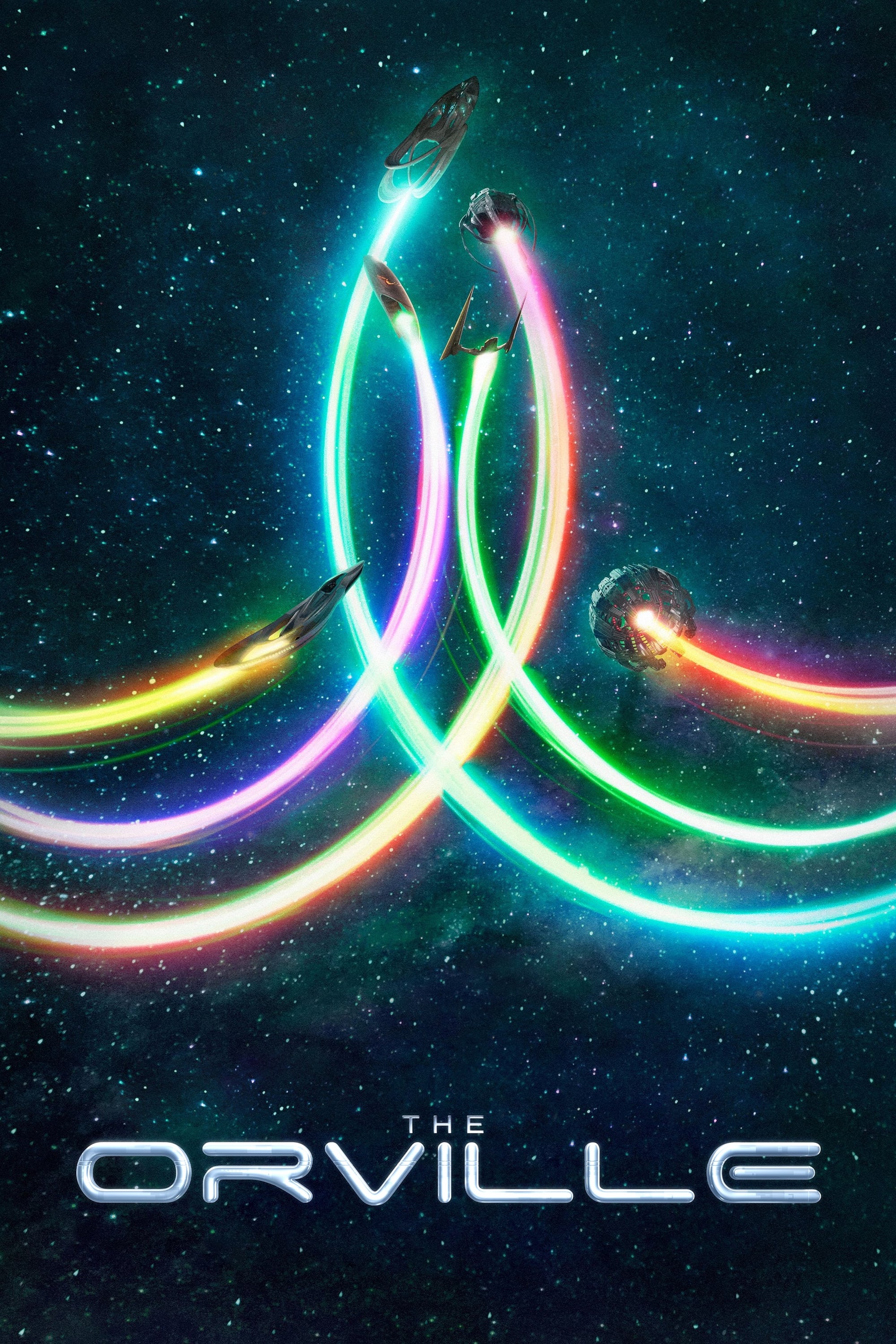

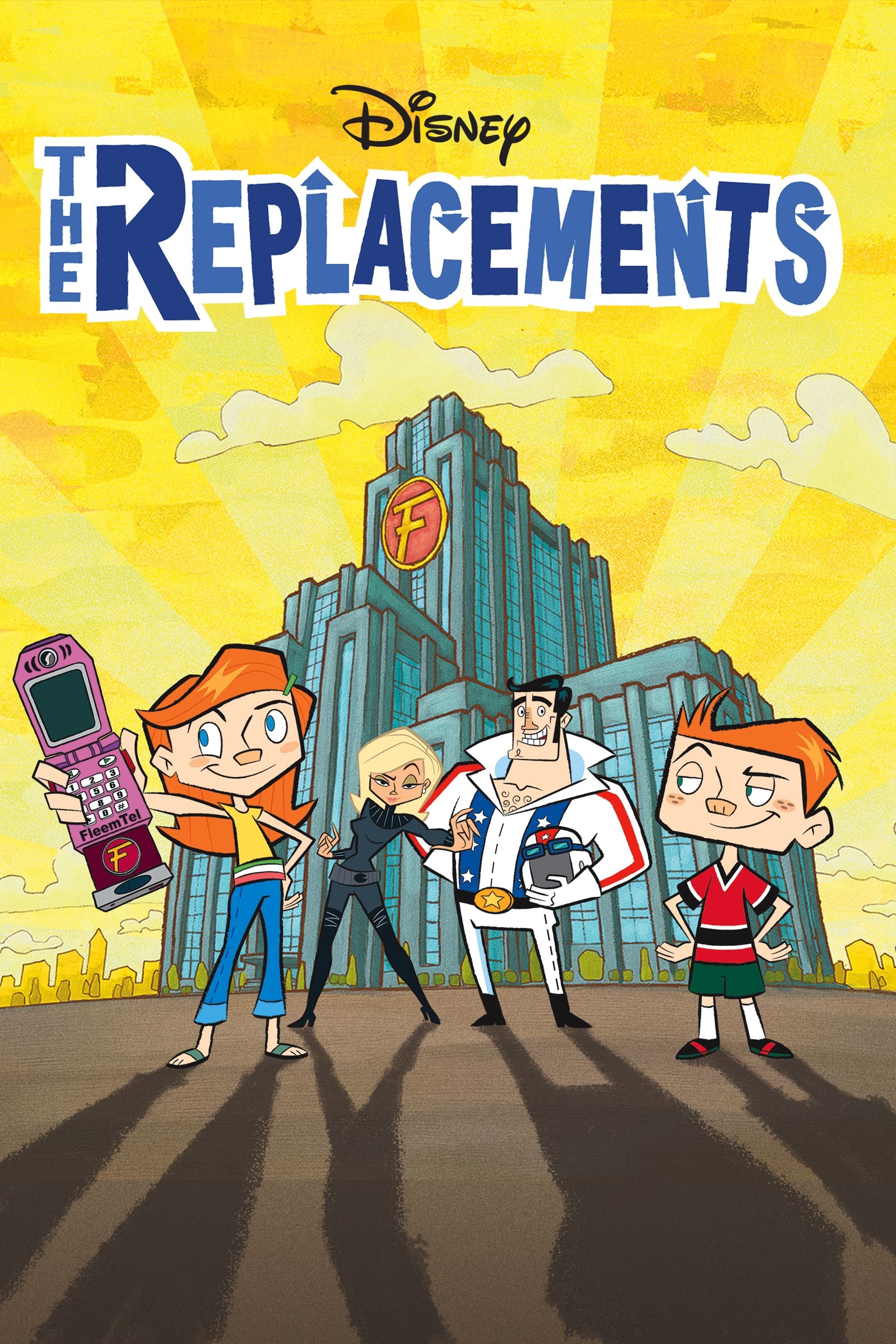
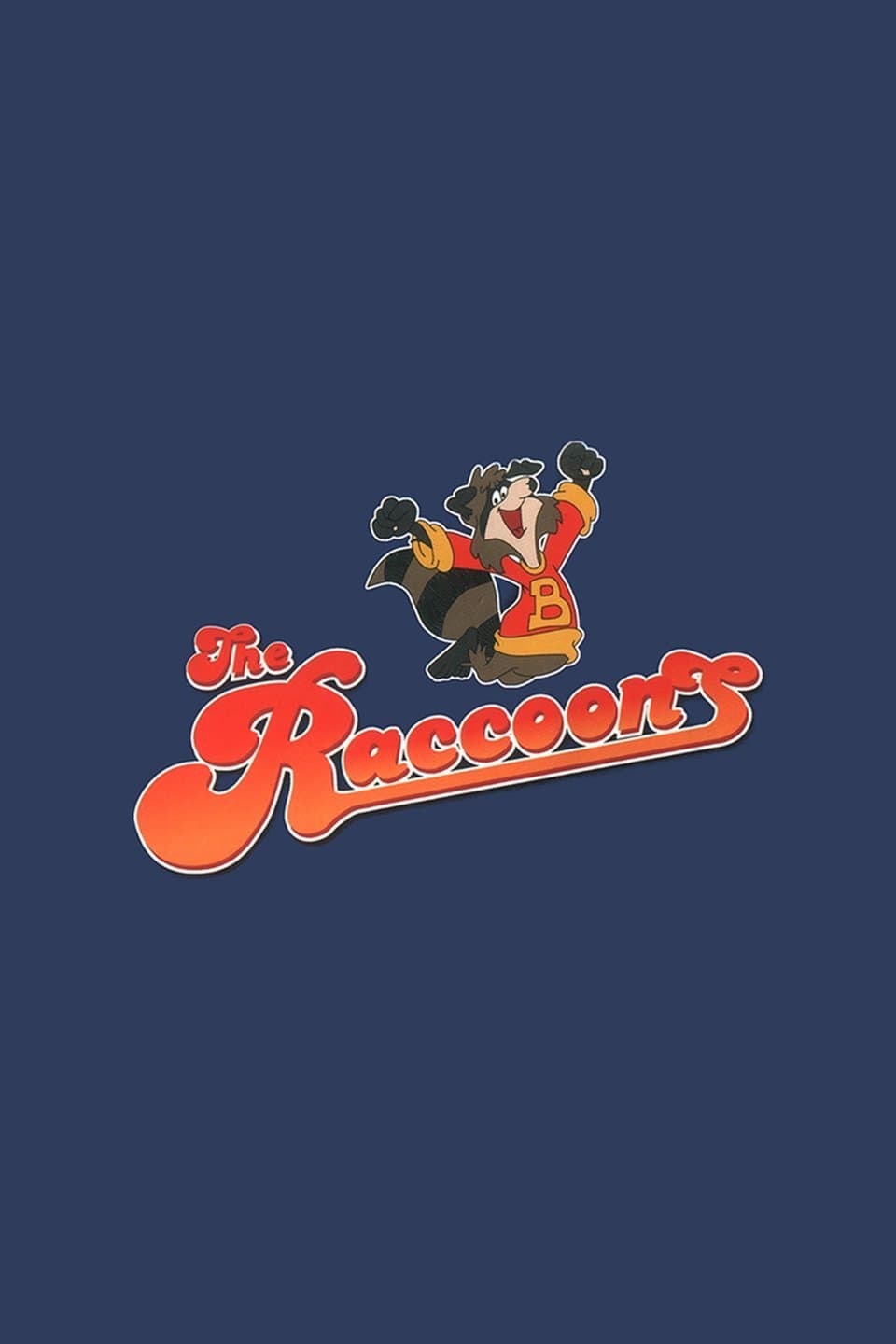

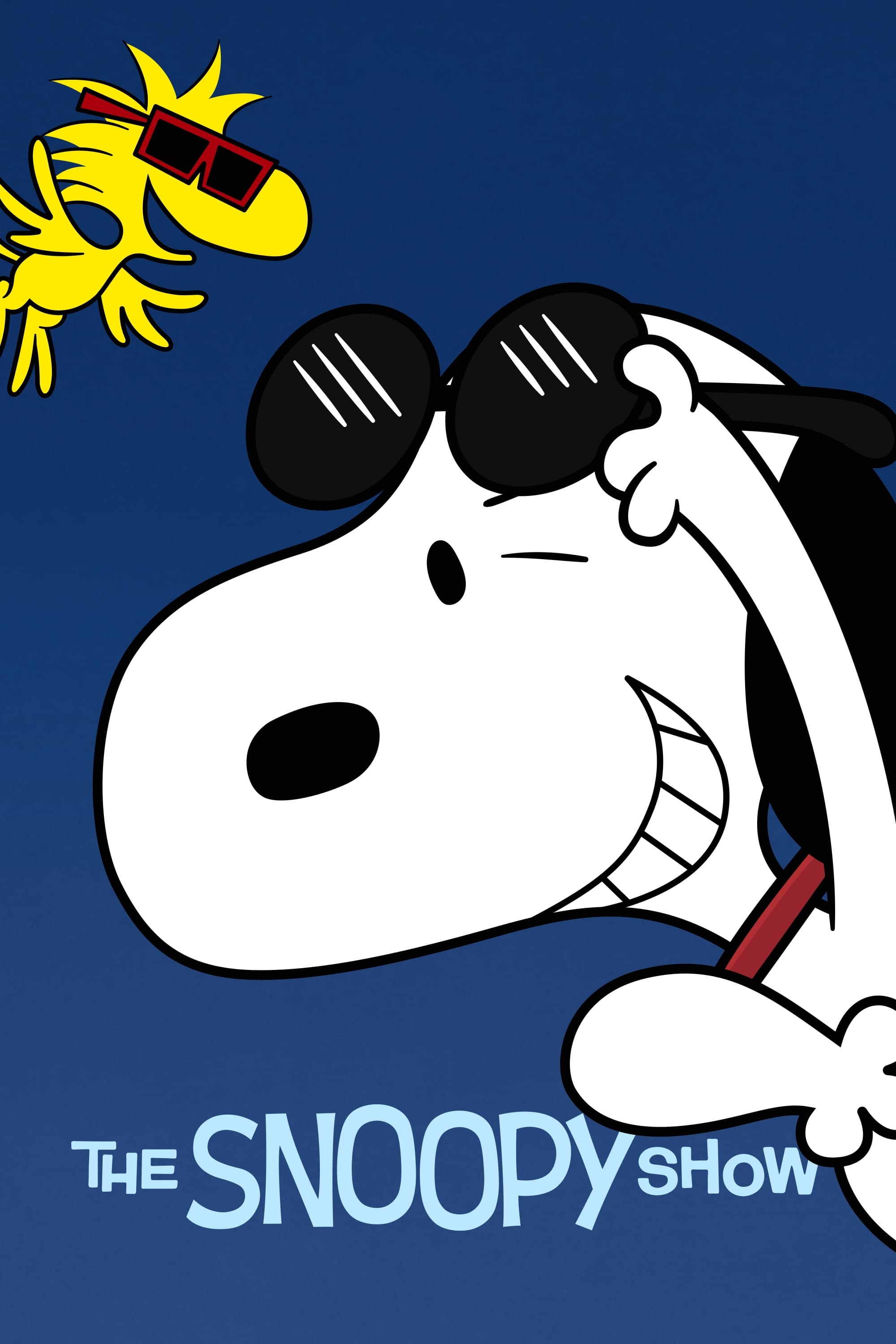
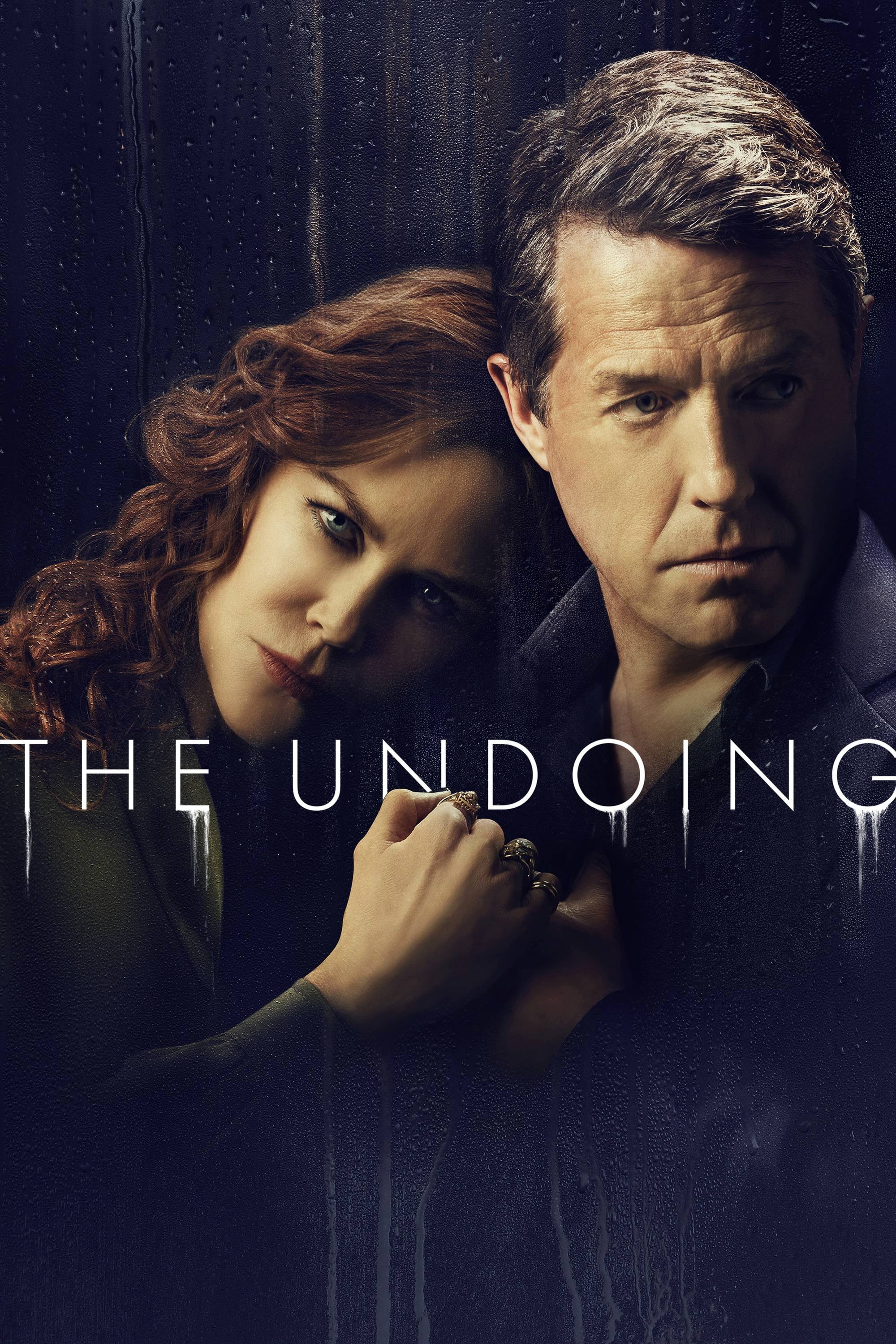



















![René Jacobs – Weber: Der Freischütz (2022) [Official Digital Download 24bit/96kHz]](https://imghd.xyz/images/2022/06/14/bpmmro0yh3ojc_600.jpg)
![René Jacobs, Akademie für Alte Musik Berlin – Bach: Mass in B Minor, BWV 232 (2022) [Official Digital Download 24bit/96kHz]](https://imghd.xyz/images/2022/06/14/bkaumdbad7f6b_600.jpg)
![Freiburger Barockorchester, Vox Luminis & Lionel Meunier – Bach & Telemann: Himmelfahrt (2024) [Official Digital Download 24bit/96kHz]](https://imghd.xyz/images/2024/04/10/wlmk2nkzn6gwb_600.jpg)
![Kristian Bezuidenhout, Freiburger Barockorchester, Pablo Heras-Casado – Mendelssohn: Piano Concerto No. 2 & Symphony No. 1 (2019) [Official Digital Download 24bit/96kHz]](https://imghd.xyz/images/2022/10/02/vfkjelx1urq0b_600.jpg)
![Kristian Bezuidenhout & Freiburger Barockorchester – Mozart: Piano Concertos K. 238 & 503 (2023) [Official Digital Download 24bit/96kHz]](https://imghd.xyz/images/2023/11/25/y2k1hs6fghfuc_600.jpg)
![Jean-Guihen Queyras, Freiburger Barockorchester, Petra Müllejans – Haydn: Cello Concertos Nos. 1 & 2 – Monn: Cello Concerto (Remastered) (2004/2023) [Official Digital Download 24bit/48kHz]](https://imghd.xyz/images/2023/09/06/pr5pwpvfskaja_600.jpg)
![Freiburger Barockorchester – Beethoven für Kinder: Prometheus (2023) [Official Digital Download 24bit/96kHz]](https://imghd.xyz/images/2023/09/04/xgwg1amhla0ha_600.jpg)
![Isabelle Faust, Jean-Guihen Queyras, Alexander Melnikov, Pablo Heras-Casado, Freiburger Barockorchester – Schumann: Violin Concerto, Piano Trio No.3 (2015) [Official Digital Download 24bit/96kHz]](https://imghd.xyz/images/2023/08/30/3149020219621_600.jpg)

![RIAS Kammerchor, Akademie für Alte Musik Berlin, René Jacobs – Mozart : Die Entführung aus dem Serail (2015) [Official Digital Download 24bit/96kHz]](https://imghd.xyz/images/2023/08/20/3149020221426_600.jpg)
![René Jacobs & Akademie für Alte Musik Berlin – Handel: Agrippina (2011) [Official Digital Download 24bit/44,1kHz]](https://imghd.xyz/images/2023/08/18/3149020208823_600.jpg)
![René Jacobs, RIAS Kammerchor, Akademie für Alte Musik Berlin – J.S. Bach: St Matthew Passion, BWV 244 (Matthäus-Passion) {5.1 Edition} (2013) [Official Digital Download 24bit/96kHz]](https://imghd.xyz/images/2023/08/18/3149020215661_600.jpg)
![Rene Jacobs – Cavalieri: Rappresentatione di anima et di corpo (2015) [Official Digital Download 24bit/96kHz]](https://imghd.xyz/images/2023/08/18/udcis5u86abgb_600.jpg)
![René Jacobs, Freiburger Barockorchester – Mozart: La finta giardiniera, K. 196 (2012) [Official Digital Download 24bit/96kHz]](https://imghd.xyz/images/2023/08/18/3149020212622_600.jpg)
![René Jacobs – Beethoven: Missa solemnis, Op. 123 (2021) [Official Digital Download 24bit/96kHz]](https://imghd.xyz/images/2023/08/18/js477hxrfscgc_600.jpg)
![Freiburger Barockorchester & Pablo Heras-Casado – Schubert: Symphonies Nos. 5 & 7 “Unfinished” (2023) [Official Digital Download 24bit/96kHz]](https://imghd.xyz/images/2023/07/03/mmb79z35ae4ba_600.jpg)
![Matthias Goerne, Freiburger Barockorchester, Gottfried von der Goltz – Bach: Cantatas for Bass (2017) [Official Digital Download 24bit/96kHz]](https://imghd.xyz/images/2023/06/27/3149020928905_600.jpg)
![Freiburger Barockorchester, Gottfried von der Golz – Mozart’s Mannheim (2023) [Official Digital Download 24bit/96kHz]](https://imghd.xyz/images/2023/06/17/cl9ydd6vkl9ma_600.jpg)
![Freiburger Barockorchester – Bach: Brandenburg Concertos – Freiburger Barockorchester (2023) [Official Digital Download 24bit/48kHz]](https://imghd.xyz/images/2023/06/17/hgs15xs0lkoab_600.jpg)
![Bejun Mehta – Carl Heinrich Graun: Silla (2023) [Official Digital Download 24bit/96kHz]](https://imghd.xyz/images/2023/06/12/xhdsp2fz397fb_600.jpg)
![Kristian Bezuidenhout, Freiburger Barockorchester & Pablo Heras-Casado – Beethoven: Piano Concertos Nos. 2 & 5 “Emperor” (2020) [Official Digital Download 24bit/96kHz]](https://imghd.xyz/images/2023/05/06/exkfl8dxegunc_600.jpg)
![Kristian Bezuidenhout, Freiburger Barockorchester, Pablo Heras-Casado – Beethoven: Piano Concertos Nos. 1 & 3 (2022) [Official Digital Download 24bit/96kHz]](https://imghd.xyz/images/2022/05/10/no66pu6umal8b_600.jpg)
![Freiburger Barockorchester, Petra Müllejans, Gottfried von der Goltz and Anne Katharina Schreiber – Bach: Violin Concertos (2013) [Official Digital Download 24bit/96kHz]](https://imghd.xyz/images/2023/03/21/3149020214527_600.jpg)
![Freiburger Barockorchester – Bach: Orchestral Suites (2011) [Official Digital Download 24bit/44,1kHz]](https://imghd.xyz/images/2023/03/21/3149020211328_600.jpg)
![Freiburger Barockorchester & Gottfried von der Goltz – Beethoven: Symphony No. 7 – Die Geschöpfe des Prometheus (2021) [Official Digital Download 24bit/96kHz]](https://imghd.xyz/images/2023/02/21/ceyiljde8hvnb_600.jpg)
![Gottfried von der Goltz, Freiburger Barockorchester, Kristian Bezuidenhout – Mozart: Violin Concertos Nos. 3-5 (2022) [Official Digital Download 24bit/96kHz]](https://imghd.xyz/images/2023/02/13/kpwj51ww7c2ka_600.jpg)
![Kristian Bezuidenhout, Freiburger Barockorchester, Gottfried von der Goltz – Mozart: Piano Concertos, K. 413, 414 & 415 (2016) [Official Digital Download 24bit/96kHz]](https://imghd.xyz/images/2023/02/12/3149020221822_600.jpg)
![Freiburger Barockorchester, Petra Müllejans & Gottfried von der Goltz – Handel: Concerti a due cori (2018) [Official Digital Download 24bit/96kHz]](https://imghd.xyz/images/2023/02/06/owcy1t3gny2fc_600.jpg)
![Freiburger Barockorchester and René Jacobs – Beethoven: Leonore (2019) [Official Digital Download 24bit/48kHz]](https://imghd.xyz/images/2023/02/06/ih57ezavf9ffa_600.jpg)
![Freiburger Barockorchester, Pablo Heras-Casado – Mendelssohn: Symphonies Nos. 3 & 4 (2016) [Official Digital Download 24bit/96kHz]](https://imghd.xyz/images/2023/02/06/3149020222829_600.jpg)